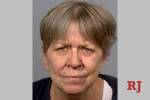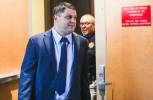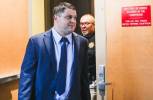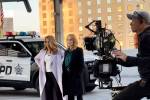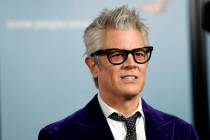First year, front lines: A new nurse reflects on a job that became a calling
“I don’t want to see you here again, OK?” I said as I shut the car door.
“Sounds like a plan,” she smiled.
My patient and her husband waved goodbye and I watched them drive away from the hospital. It had been a whirlwind, those three 12-hour shifts with her. After suffering from an accidental fall, my patient needed emergency hip surgery. Her first day with me, she was writhing in pain and could barely speak. She was taken into surgery; the hip replacement went smoothly, but her hemoglobin — an important protein in our blood responsible for transporting oxygen in the blood to vital organs — was in critical range. On Day 2, after a blood transfusion and overnight monitoring, her hemoglobin improved. So did her pain level and her mobility. Late in the afternoon of Day 3, she was medically cleared to go home. 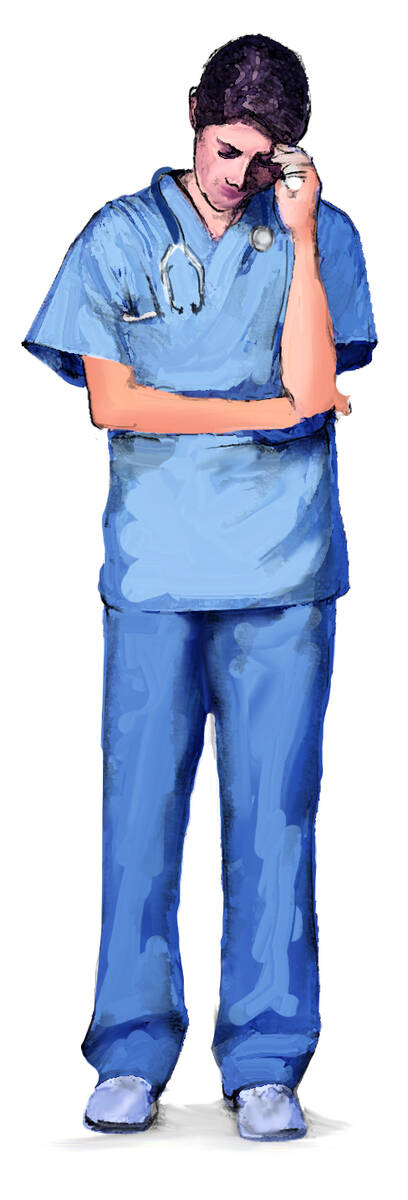
I went back upstairs to my unit: The room was being cleaned, and after I rounded on five other patients, I sat down to chart my final discharge documentation on her. My work phone beeped.
Another surgical patient was on their way up. Time to do it all again.
• • •
I didn’t always want to be a nurse; I wanted to be a writer.
Nonetheless, my first year at UNLV in 2013, I was a pre-nursing major. I wasn’t sure if it was a decision I was making for myself or one my parents — or my culture — were making for me. My mother and father had migrated from the Philippines to America and worked as a registered nurse and a respiratory therapist, respectively. Nursing is considered a secure job in my culture. Naturally, my parents encouraged me to pursue it.
I didn’t.
Instead, I earned a bachelor’s degree in print journalism with a minor in creative writing, and I worked as a journalist and editor throughout my college career and the year following graduation. It wasn’t until my grandfather suffered a hemorrhagic stroke in 2018 that I changed my mind. For three weeks before he passed, I watched nurses take care of him around the clock. All of his basic needs — things he used to be able to do for himself — they took care of. I realized I wanted to do that for others, too.
And here I am now, doing just that.
In 2021, I graduated from nursing school at Nevada State College, where I learned the critical foundations of patient care. But there were things I couldn’t learn until I was out on my own. On the orthopedic neurosurgical unit, I learned to master the unavoidable interruptions that make a nimble, orderly, resilient mind essential for a nurse. As I performed head-to-toe assessments, gave medications and prepared patients for procedures, my work phone rang endlessly with calls and messages from different people on the health care team — physical therapists, transporters, lab technicians, doctors, other nurses. All the while, I was learning the art of “reading” my patients, each of whom had a different temperament and unique needs.
Nursing school taught me about death and postmortem care, but it didn’t prepare me for how I’d feel when I see a patient of mine wheeled out in a body bag. It couldn’t have prepared me for how scared I would feel after sticking myself with a needle that had already been used on a patient, and how two hours feels like a lifetime when I become the patient in the emergency room as they check my blood for exposure to blood-borne diseases. It couldn’t prepare me for the sinking feeling I got when I heard that a patient had tested positive for COVID-19 later in my shift after I’d spent all morning taking care of them without full COVID-protective equipment.
• • •
There are still moments when I think to myself, “Did I make the right choice?” Coming off a 52-hour workweek — exhaustion taking over every ounce of my body — it sometimes feels like I didn’t.
But once I catch up on rest, the answer is always yes. Yes, because of the moment a patient grabs my hand, holds it tight, and says, “Thank you for all of your help.” Yes, because it feels gratifying when I get to discharge a patient, hand them a rose as a parting gift and wheel them downstairs to send them home.
I didn’t always want to be a nurse, but now I can’t imagine doing anything else. In the moments of highest stress, I go back to my “Why”: The trust my patients and their families place in me in their most vulnerable state is a privilege and a responsibility, a calling and a service that I have to give, just as others did for my grandfather. In this first year, I’ve learned a lot about myself, about this profession and about other people. I’ve heard more stories and made more connections than I had in my entire life. It’s been a grueling year full of adjustments — from student to professional, school to real life, my caterpillar-to-butterfly moment.
And the beauty of it all is this: The adventure of caring and learning has only just begun. ◆
Ariana De Castro is a registered nurse at Southern Hills Hospital.



